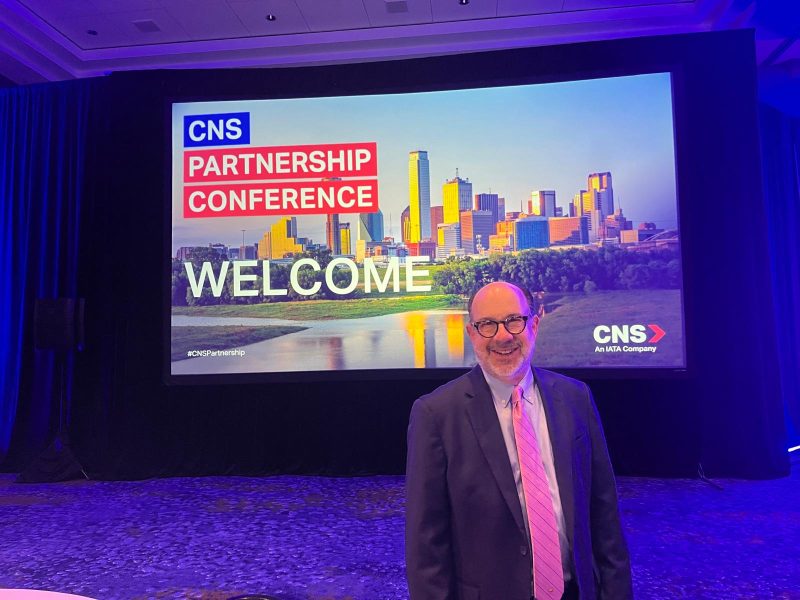Air Cargo Industry Urges Advanced Tech Solutions to Combat Fentanyl Crisis
A 100 percent physical inspection of air cargo pharma packages in the U.S. to tackle the fentanyl crisis would grind air cargo operations to a halt and must be avoided, Brandon Fried, Executive Director, Airforwarders Association (AfA).
Instead, government should leverage advanced data analysis and cutting-edge detection technologies to target suspicious shipments without impeding the flow of commerce, he told delegates at the CNS Partnership Conference in Dallas, U.S. this morning.
“The air cargo industry is keenly aware of the devastating impact of the fentanyl crisis on the United States and many countries worldwide,” he said.
“We understand the urgency to prevent the flow of illicit substances across borders and we are committed to working alongside government authorities to identify red flags and support efforts to stop these dangerous materials.
“However, we must resist calls for 100 percent physical inspection of packages, an approach which would grind air cargo operations to a halt, disrupting legitimate trade and harming the global economy.
“Instead, we urge governments to leverage advanced data analysis and cutting-edge detection technologies to target suspicious shipments without impeding the flow of commerce.
“By working together, we can hold bad actors accountable while ensuring the smooth and efficient movement of legitimate goods.”
Fried said that, as well as a missing commitment to adopting new technology, there was an ongoing lack of investment in infrastructure in the U.S., which was putting the future of air cargo at risk.
“The Key Bridge incident is just one symptom of a larger issue: a lack of investment in air cargo infrastructure and operations particularly evident at cargo areas of our major airports, where truck waiting times routinely reach two to three hours, even with decreased shipment volumes compared to the pandemic peak.
“This inefficiency disrupts supply chains and hinders economic growth.
“The consequences of inaction on both infrastructure investment and the fentanyl crisis are severe.”
“Without significant investment and operational improvements, we face severe challenges with ongoing congestion at airports, and without a collaborative approach to stopping illicit materials, countless lives remain at risk.”
The Airforwarders Association (AfA) and the National Customs Brokers and Forwarders Association of America (NCBFAA) recently released a white paper. based on a nationwide survey of industry stakeholders, to pinpoints areas requiring investment, including;
- Direct Public Sector Financial Support: specifically mandated for development initiatives that address infrastructure backlogs and upgrade facilities.
- A Universal Digital Electronic Application: A streamlined digital application process would expedite security credentialing and reduce wait times.
- Industry-Wide Training Programs: Investing in workforce development ensures a skilled and efficient air cargo workforce.
- Modernization of Security Processes: Upgrading the Security Identification Display Area (SIDA) badging process will enhance security and expedite cargo movement.
- Consistent Policy Interpretation and Enforcement: Clear and consistent guidelines for all stakeholders create a predictable and efficient operating environment.










